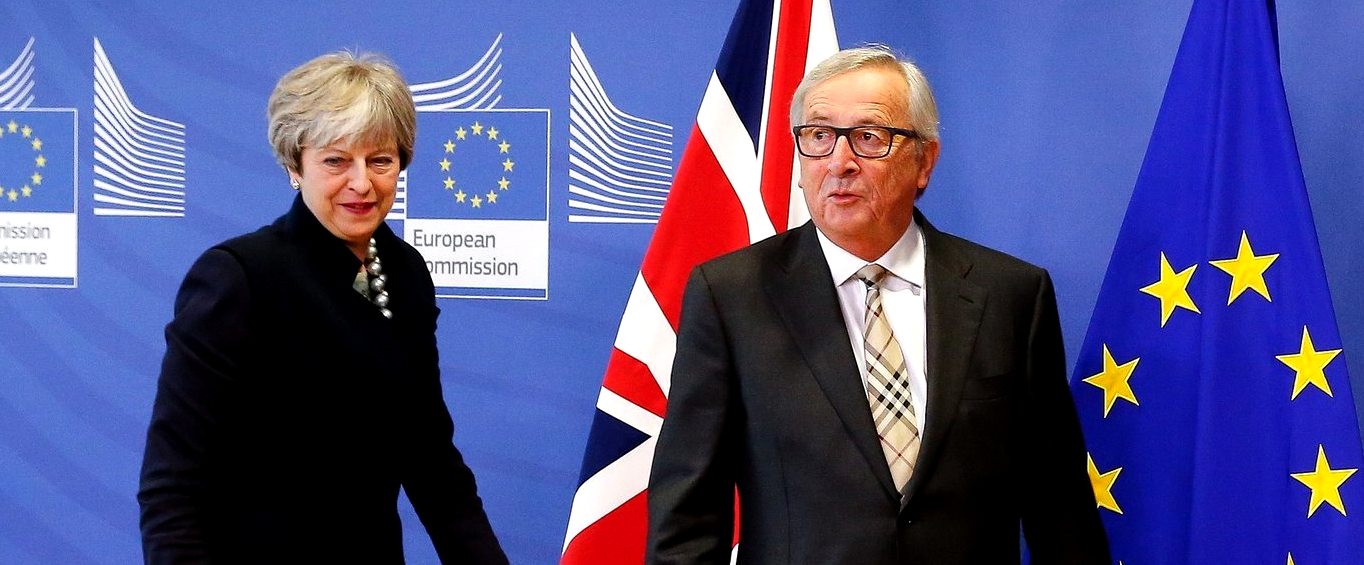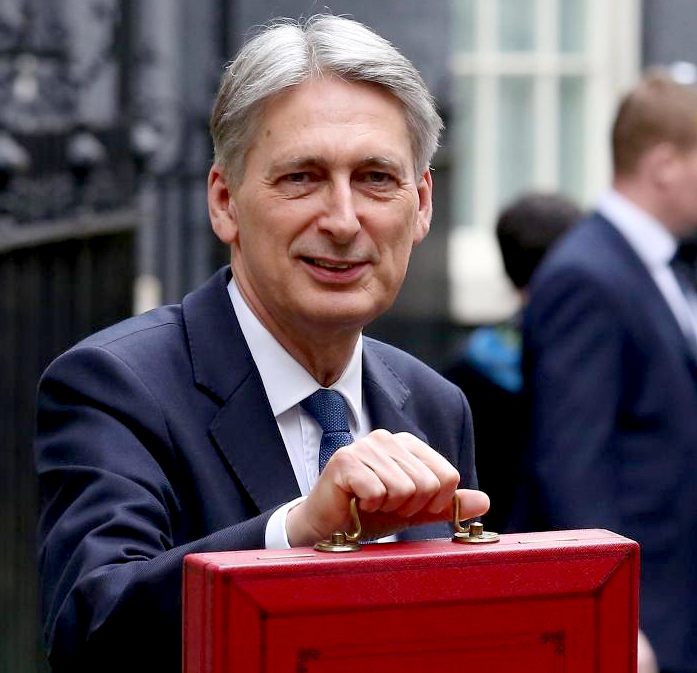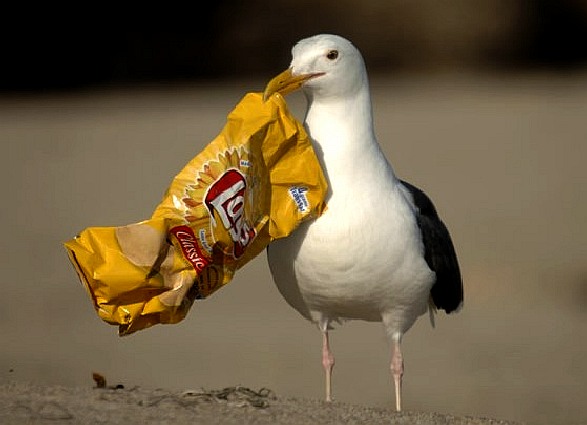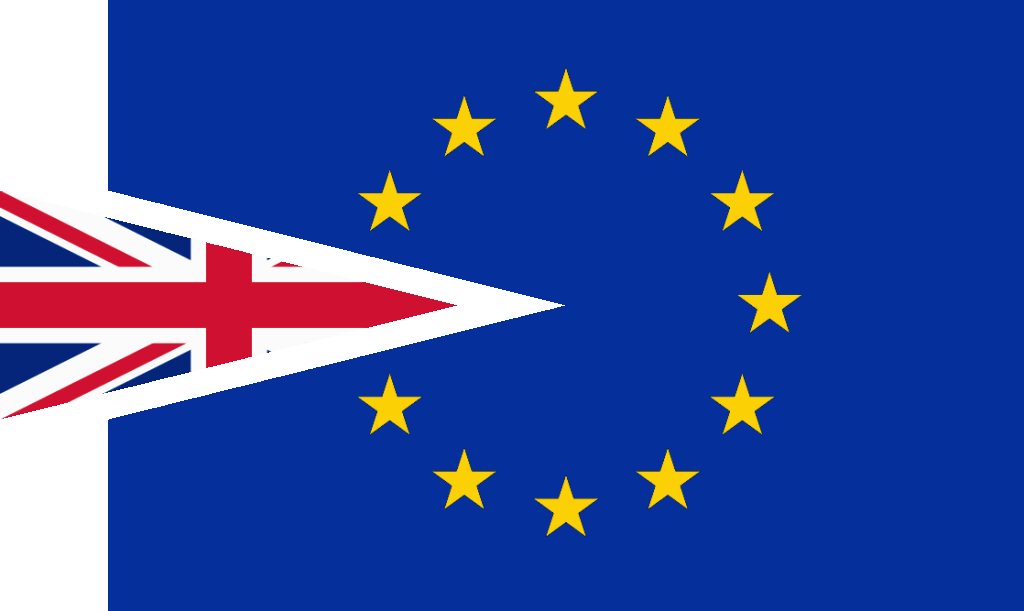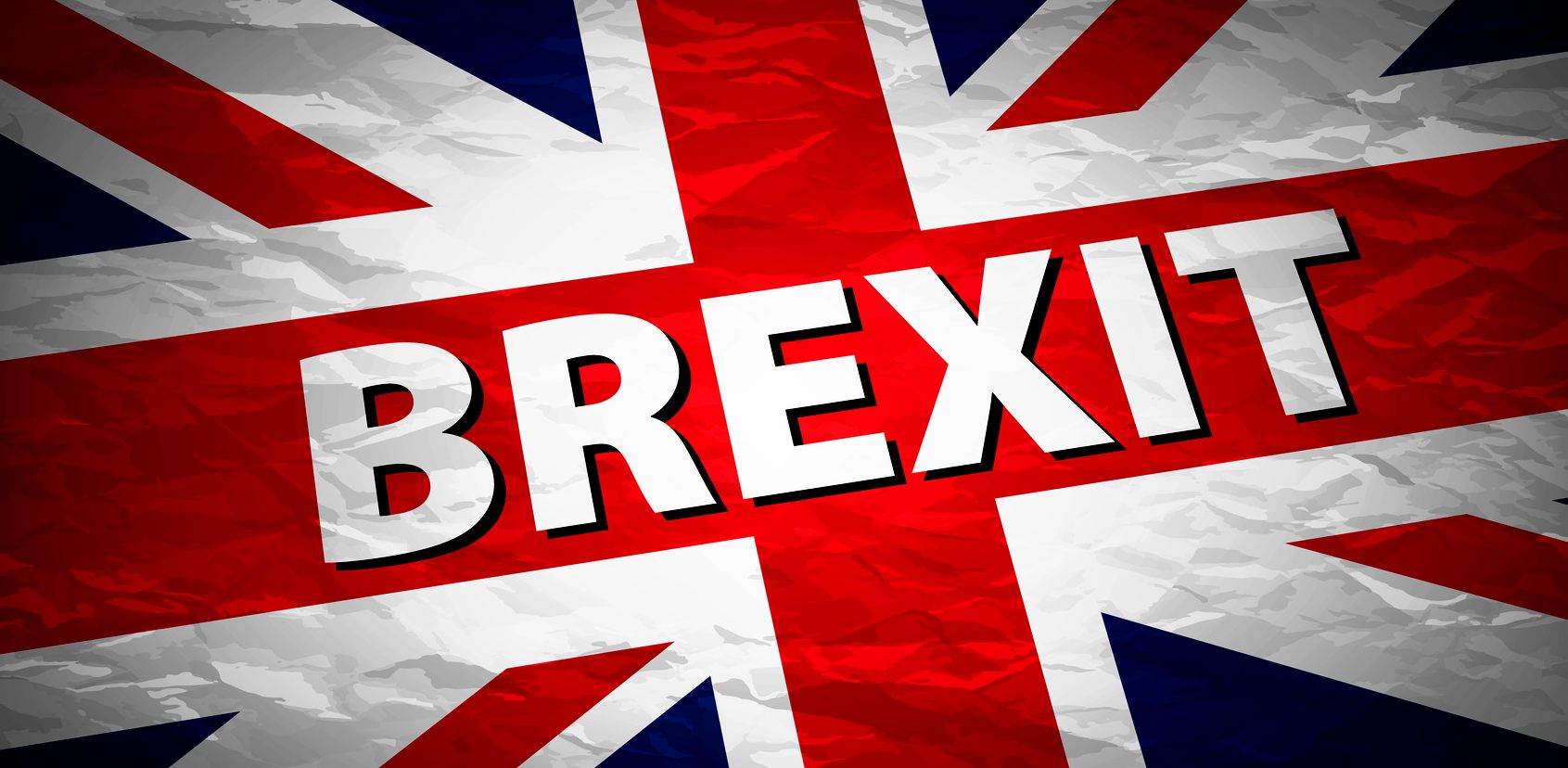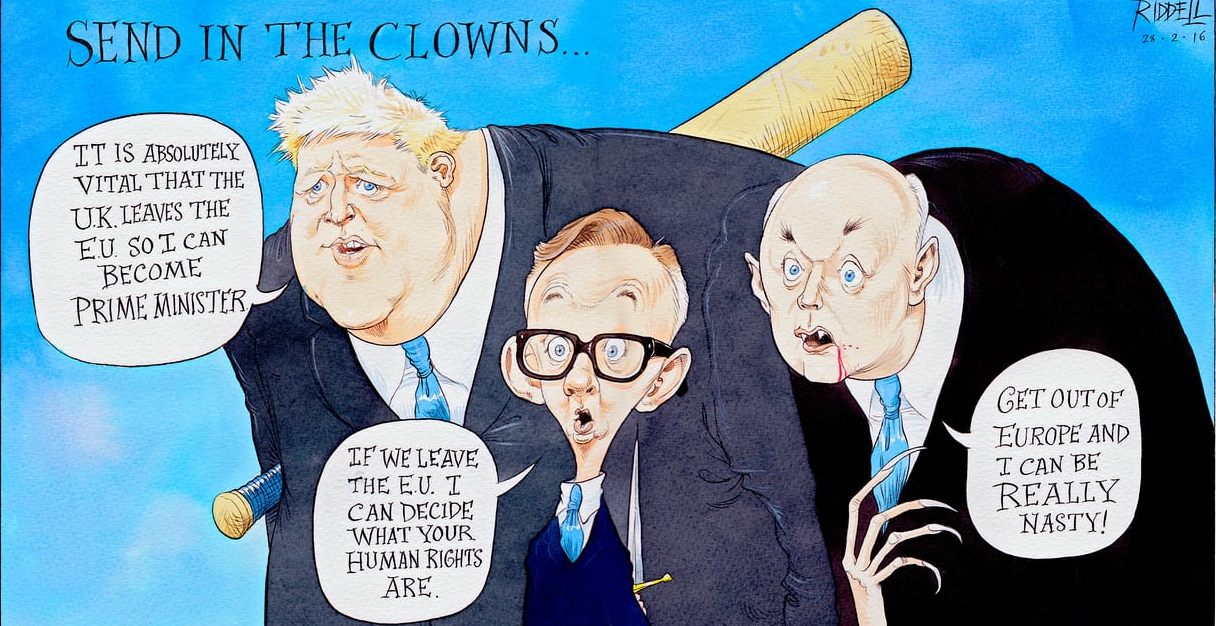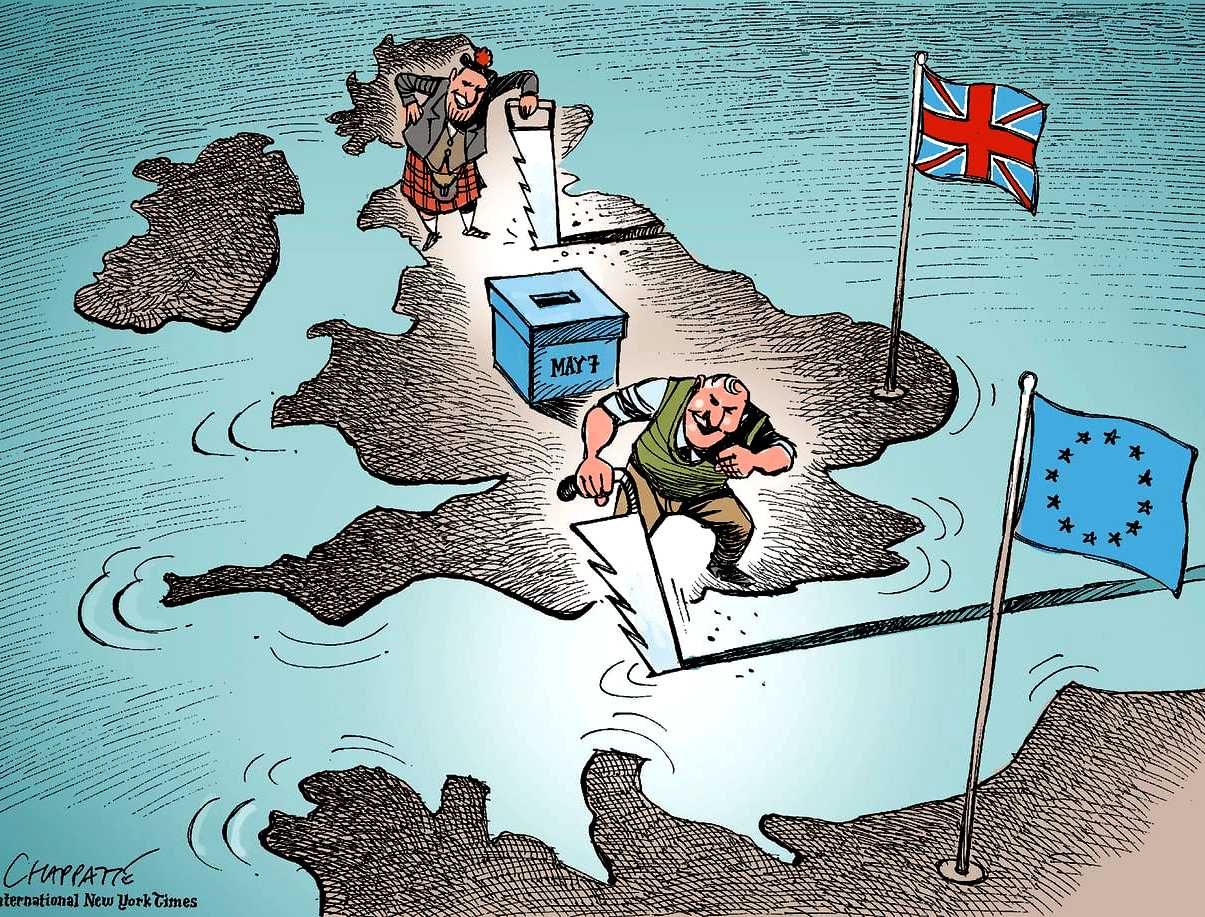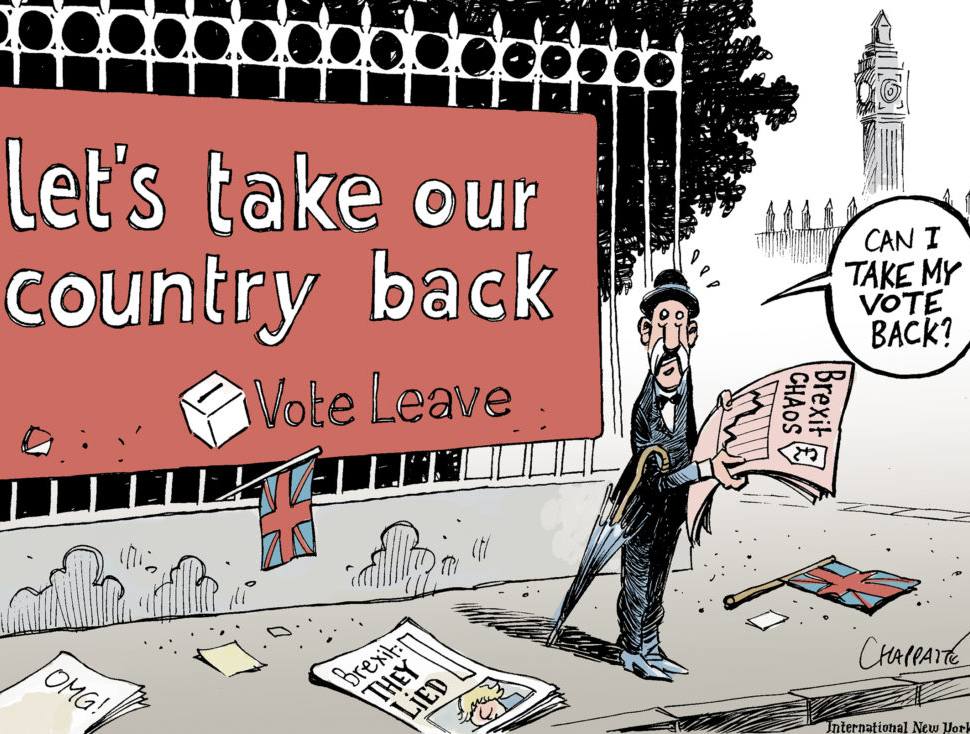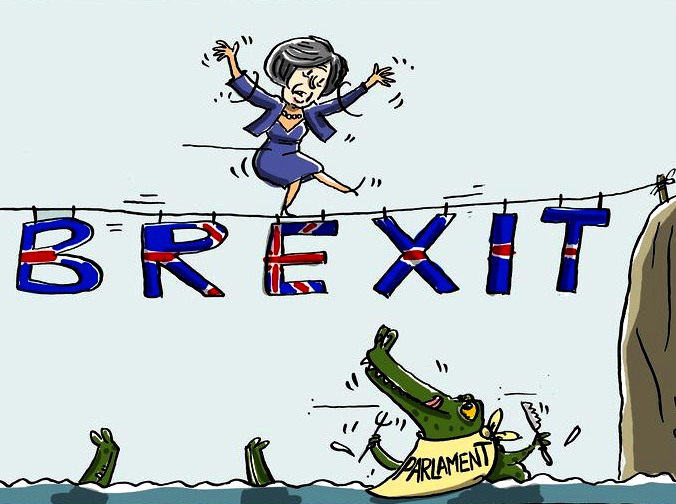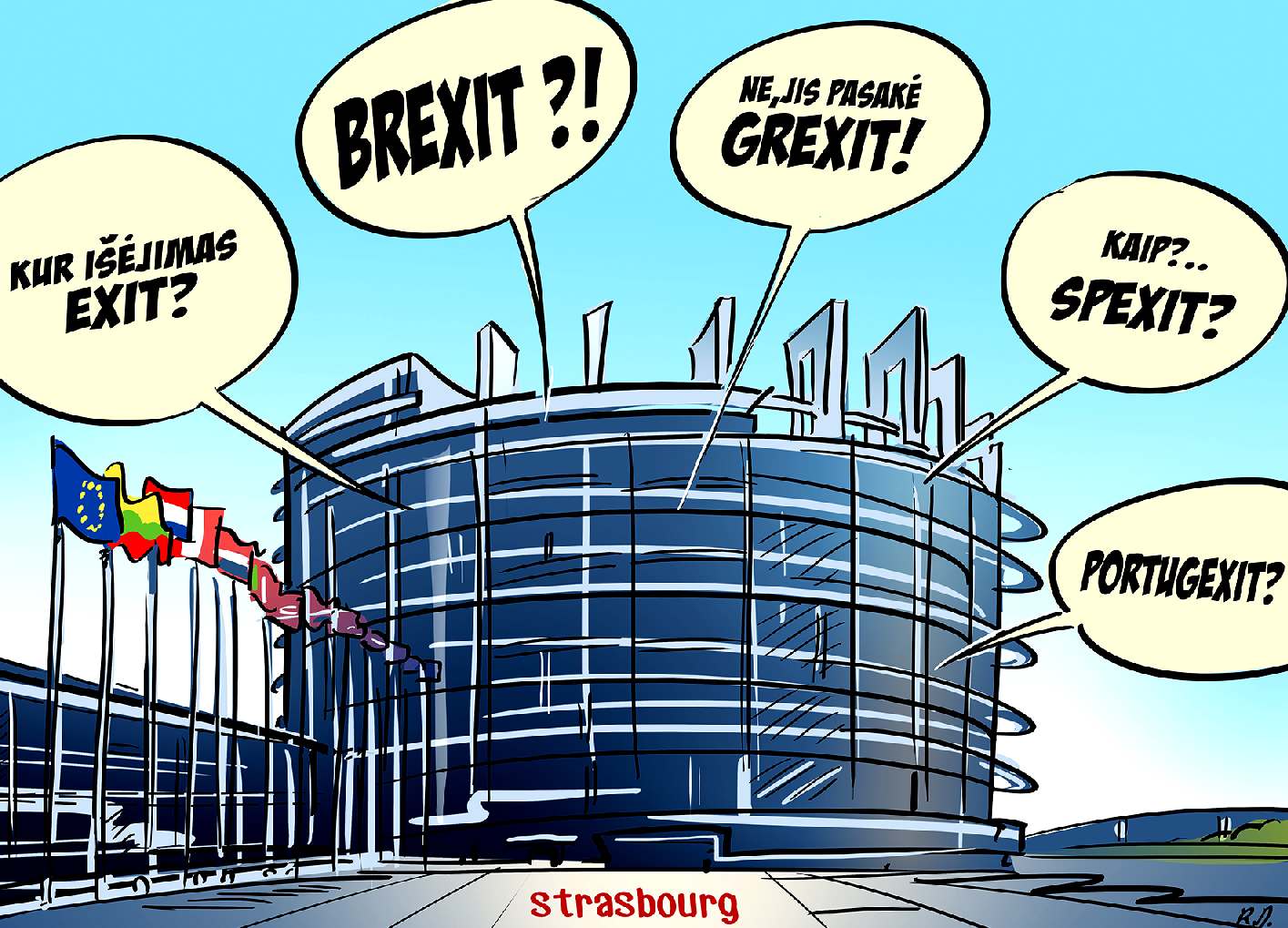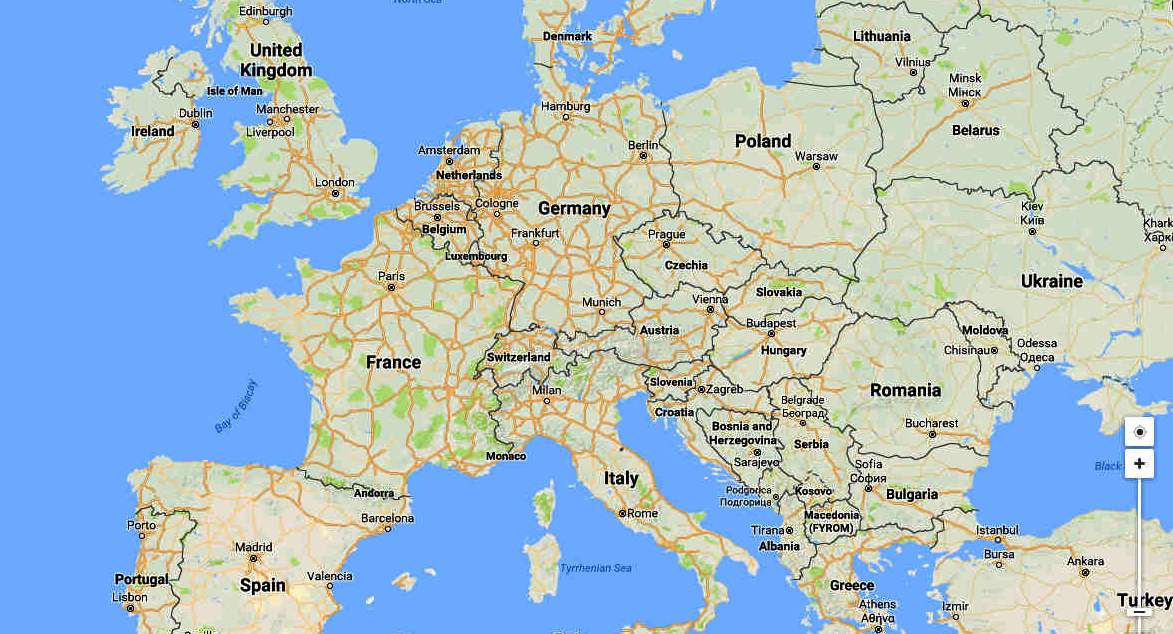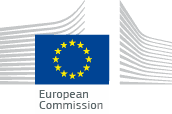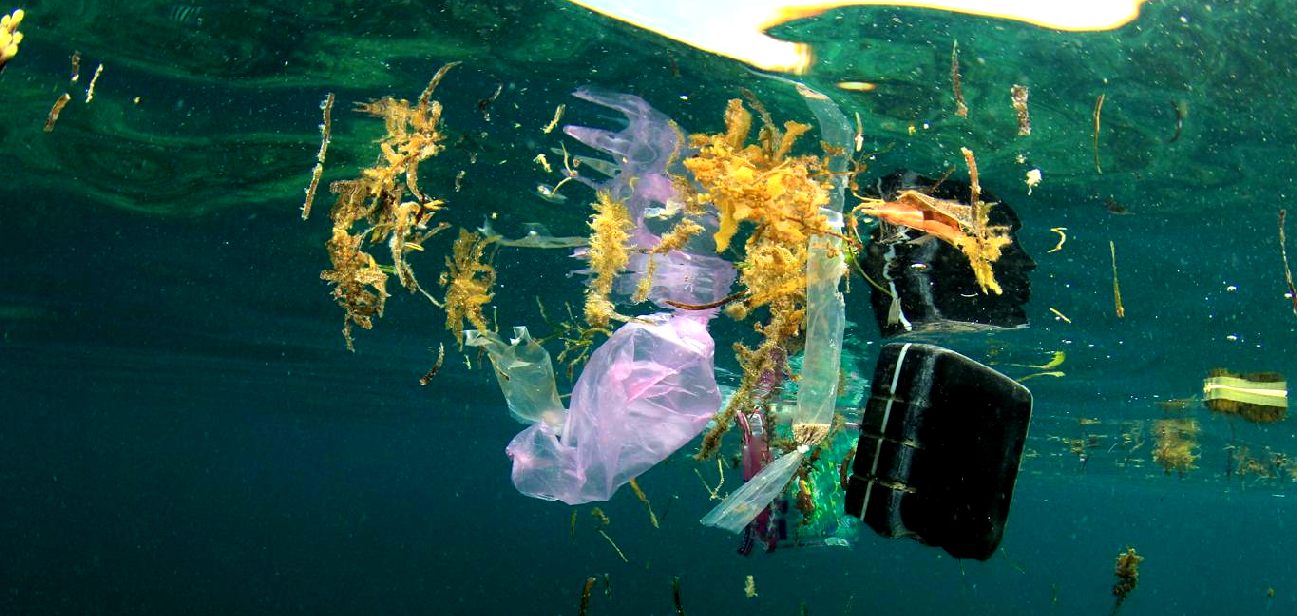|
BREXIT & UK/EU SATELLITES
ABOUT - CONTACTS - FOUNDATION - HOME - A-Z INDEX
BREXTRA THERESTRIAL: Moving the goal posts may cost the UK in the short-term but may also cause a satellite revolution, putting the UK in pole position for much needed sensor upgrades.
Britain to launch it’s own solo space project after row over EU’s Galileo programme.
The PM is tasking aerospace experts to begin work on the UK’s own satellite-operated navigation system for the first time
The Commission wrote to ministers in January saying Britain would not be able to stay in the Galileo satellite system for data security reasons.
DIVORCEES: Theresa May and Jean Claude Juncker drifting further apart with each twist of the knife in the separation negotiations. There can be no outright winner and loser, only a revision of home agendas for technological security, with Europe standing to gain a few brownie points in the short term, but losing out in the long term by forcing the UK to develop a fresh satellite system. This could be a chance for a clean sheet of paper approach to solving the glitches in Galileo.
BBC
NEWS 10
MAY 2018 - Can the UK really go it alone with a new sat-nav scheme?
But then a few US voices started to raise concerns about the reliability of GPS - acknowledging that there were areas of the globe that were not well covered, and that the signals could be distorted high in the atmosphere. A single nanosecond of inaccuracy could translate into an error of 30cm on the ground.
SIR MARTIN SWEETING: Surrey Satellite Technology boss speaks out on Europe.
LAUNCH: The European Space Agency launches another satellite into orbit.
LOCAL ELECTIONS - The Conservatives gained during the recent election rounds, telling us that the UK feel safer with Mother Theresa than with the present political alternatives.
SINGLE USE PLASTIC: Not doing anything positive to combat marine litter is consigning wildlife such as this seagull to a painful death. Beach cleaning is a positive move in the right direction as is bottle banks for plastic. Another way of working to protect the environment might be awareness campaigns such as our Miss/Mister Ocean tour linked with our Virtual Ocean 3D interactive experience and now a 2D phone game that will be free to download when available.
THE FOG: Victoria
COOPERATION CALAMITY: Bernhard Friess confirmed that the Cleaner Ocean Foundation would be barred from EU projects once Britain exits the EU. The Commission have not replied to correspondence on the subject of SeaVax funding and ocean cleaning. It appears therefore that funding must come from other sources with a more international flavour.
LIFE RAFT: No more gripes about the EU from the UK might be a good thing. It's looking good for Scotland who may decide to remain in the EU and severe ties with the UK. Incredible in a world that is shrinking as technology advances us closer to our neighbours and so becoming more of a global community, that any player would wish to step back into the dark ages. The UK are sending themselves to Coventry, simply because David Cameron threw all his toys out of the pram in earlier negotiations - not realizing that he was opening the UK to die hard nationalists waiting in the wings to fuse immigration issues with sovereignty.
BORIS GOING FOR GOLD: A referendum promised by an insecure leader in an attempt to keep his critics quiet in the run up to the last election, this showdown has been coming for years with anti-human-rights campaigners trying to all but eliminate the inconvenience of every persons basic right to be treated like a human being. Now as the “bastards” who made John Major’s life a misery cheer on from their bath chairs, today’s rightwing clowns are having their moment in the limelight. Bloodsucking civil servants will be doing all they can to write out as much of the European Convention as they can, knowing full-well that in the end a more civilized society is at the end of the road - where the writing on the wall in sustainability - an invisible intellectual barrier that limits the harm we might invoke on natural resources before that harm comes back to create food shortages and civil unrest. These cartoonists are saying it all.
LAUGHTER: The UK referendum has provoked as much debate abroad as at home – and as many laughs, but has not triggered a mass exodus for the obvious reason that being a member of the EU has many advantages.
Many media articles agree that this was a referendum promised by an insecure leader in an attempt to keep his critics quiet in the run up to the last election, this showdown has been coming for years. Now as the “bastards” who made John Major’s life a misery cheer on from their bath chairs, today’s rightwing clowns are having their moment in the limelight.
CARTOONS
The above collection of cartoons from around the world more or less sums up how the UK is perceived for staging this particular political tantrum, with Europe being equally boisterous in the who calls the shots stakes. However you may view the situation, one thing at least is that a process of review could be good for other EU members to see where they stand should they ever decide to opt out.
EUROPE - Divided again as UK politics muddies the waters setting technological cooperation back many years. The upshot may be a competitor satellite system that is entirely independent of Europe and could be an opportunity for Britain to gain a significant lead with Galileo using outdated sensors that are not up to the task of finding plastic from space.
LINKS & REFERENCE
http://www.bbc.co.uk/news/science-environment-44002900 https://www.thesun.co.uk/news/6188978/britain-space-programme-european-union-galileo/
THE OCEAN DOES NOT LIE: Politicians can spin themselves out of almost anything and are ultimately replaced by another spin-doctor who may for a while follow their ideals but will soon become entrenched in political brinkmanship rather than dealing with urgent matters looming and presently out of control such as marine litter.
When you consider the size of the Mediterranean Sea, €14 million euros may not seem like much to be able to tackle the problem of marine litter and this has been the view of the assessors, or rather applications in respect of Horizon 2020 calls have not been funded because of budgetary constraints, though considered to have merit. What is likely to happen as a result of budget shortfalls and the present difficulties over Brexit is that organizations within the UK may decide to relocate their base of operations, or alternatively, look elsewhere for funding or both. This might be simply to extricate themselves from the present quagmire, doing what they can to stay clear of politics.
According to the United Nations Department of Economic and Social Affairs (UN-DESA 2009), the world population is expected to grow from the present 6.8 billion people to about 9 billion by 2050, mostly in developing countries (5.6–7.9 billion). Fisheries around the world provide significant food catches that are dwindling as a result of over-fishing and marine pollution. By tackling marine pollution, the oceans stand a better chance of regeneration, giving fish a healthier environment in which to flourish.
This website is provided on a free basis as a public information service. copyright © Cleaner Oceans Foundation Ltd (COFL) (Company No: 4674774) 2018. Solar Studios, BN271RF, United Kingdom. COFL is a charity without share capital. The names AmphiMax™, RiverVax™ and SeaVax™ are trade names used under license by COF in connection with their 'Feed The World' ocean cleaning sustainability campaign.
|


